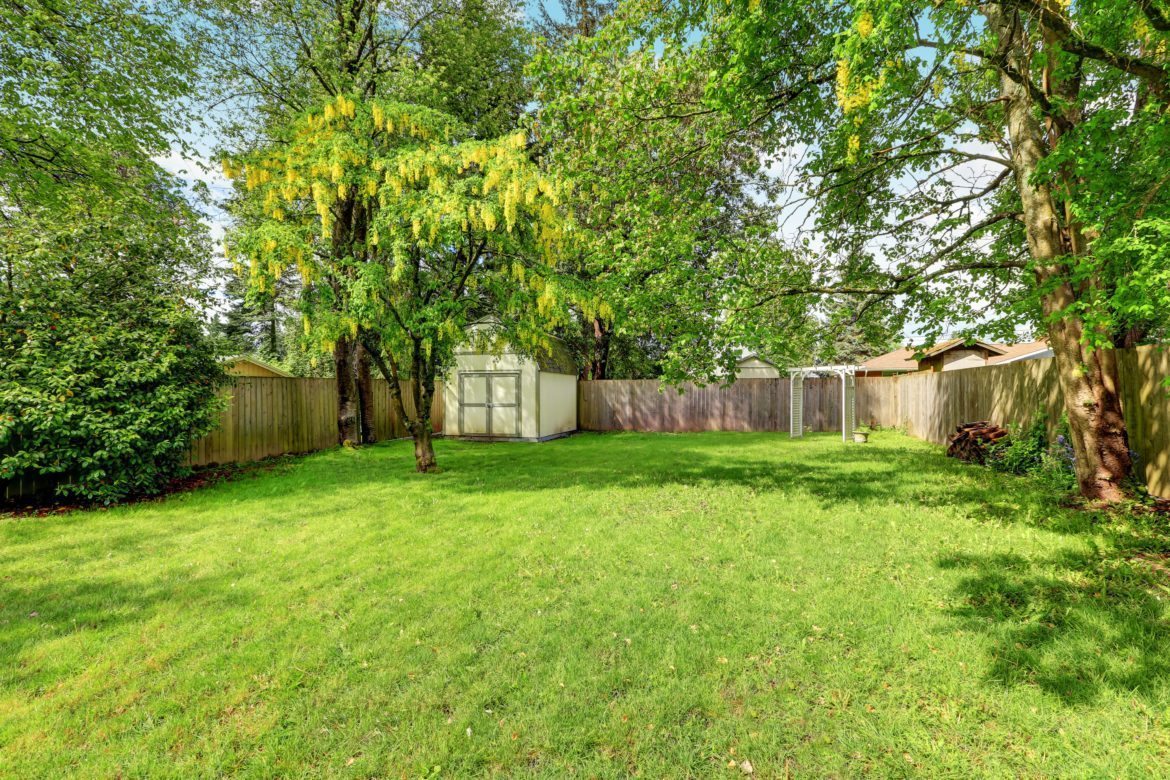As published in the

For more than a decade older high-rise condominiums throughout Florida have been discussing, debating, and exercising their legal rights with regard to sprinkler system retrofitting requirements. In 2003, the Florida Legislature responded by allowing each community to vote to opt out of sprinklers inside their units and the right to opt out of installing an engineered life safety system (ELSS). Many communities missed the opportunity to exercise this right because they were pressured by their local fire marshals to hire life safety engineers and commence installation of a full sprinkler system at a significant cost to the residents.
In 2010, responding to the outcry from the condominium community, as a member of the Florida House I sponsored House Bill 561 to allow associations the right to opt-out of sprinklers in the common areas and reduced the vote requirement from 2/3 to a simple majority. However, as a compromise, the words “engineered life safety system” were removed from the statute because we were assured that an ELSS system was cost effective, and much less intrusive than the installation of a fire sprinkler system. As a result, associations taking an opt-out vote after July 1, 2010 could not opt out of an ELSS.
Now, fast forward to January 2017. Scores of local fire marshals throughout the Sunshine State are knocking on the doors of high-rise condominiums that previously opted out of sprinklers (and some who opted out of both sprinkler systems AND ELSS) and advising them that they must immediately hire life safety engineers and begin to pull permits to install an ELSS. Many of these same officials are telling high-rise condominiums that an ELSS will actually be MORE expensive and more intrusive to install than a full sprinkler system.
Moreover, there is no clear description of what an ELSS system looks like and some are being told that they will need to install a comprehensive fire sprinkler system to “pass the test,” so to speak.
In 2010, I responded to the requests of the condominium communities across this state. It was our intent to avoid the exact scenarios we are faced with today. The cost to install an ELSS could be in the millions and the impact to elderly residents living on fixed incomes could be devastating.
Where do we go from here?
The 2017 Legislative Session begins on Tuesday, March 7. Representative George Moraitis (R-Fort Lauderdale) has sponsored HB 653 (Senator Kathleen Passidomo (R-Naples) will sponsor the Senate version) which seeks to address the ELSS problem. This bill would allow older high-rises to opt out of an ELSS and, for those who do not or cannot, provides more time for installation of an ELSS beyond the current 2019 deadline. HB 653 also addresses the confusion that erupted in mid-2016 concerning whether low and mid-rise buildings are required to retrofit and clarifies that they do not. This will be a huge fight against the special interests that profit from this requirement and those that have little evidence that installing an ELSS is necessary for the safety of residents.
It is imperative that our elected officials understand that a promise made must be kept. We promised more than a million Floridians living in older multifamily buildings that were code-compliant at the time they were constructed that they would not have to undergo the financial or operational rigors of retrofitting their buildings. Call it a full sprinkler system, an ELSS, or something else entirely, the fact remains that our condominium residents should not be facing a deadline they thought was in their rear view mirror.
Former State Sen. Ellyn Setnor Bogdanoff is a shareholder with Becker Poliakoff, a Fort Lauderdale headquartered law firm, and represents a number of condominium associations throughout Florida on the ELSS issue in Tallahassee.
Ellyn Setnor BogdanoffELSSFireFloridaLegislatureOpt OutSprinklers





Recent Comments